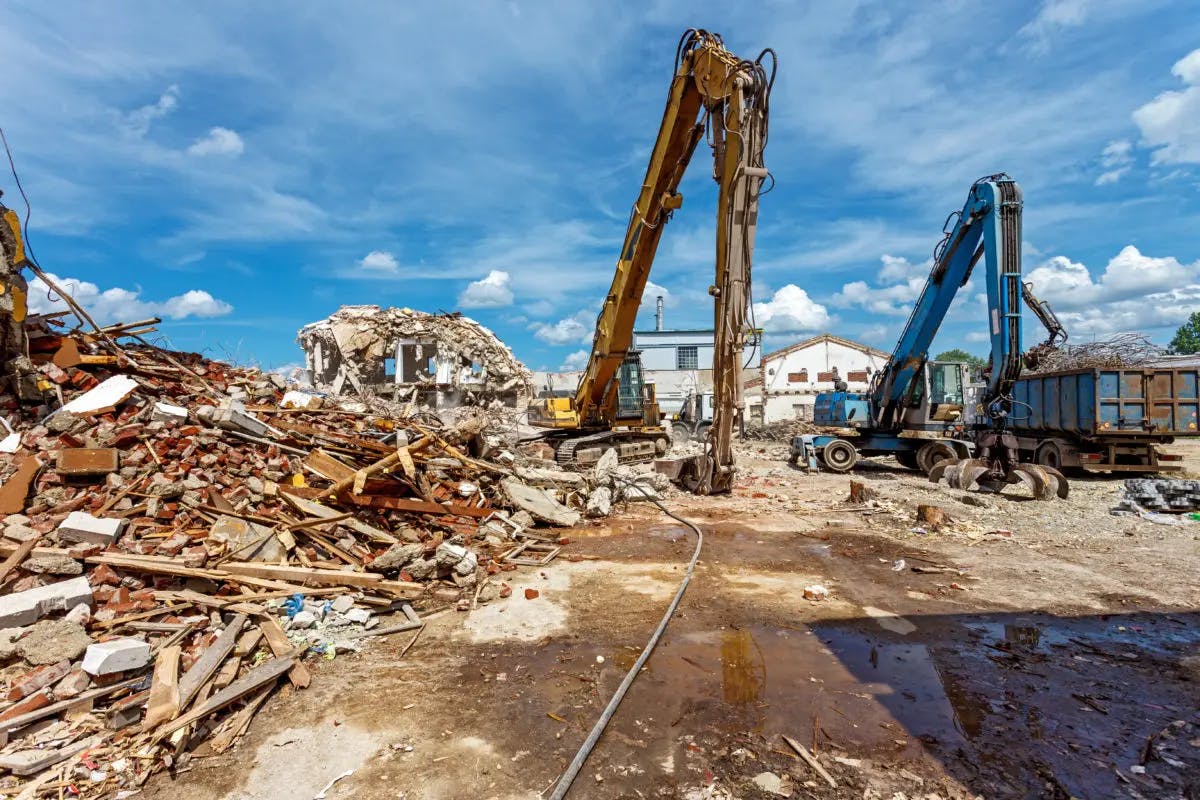A construction project is a web of interconnected processes. Each element of a company’s operations — people, processes, costs, materials — affects the others. And much like a stack of dominoes, an entire project can be thrown off by one simple change.
It’s for this reason that project managers need a holistic view of operations. This means access to analytics that incorporates data from every area of the company. This is where project controls come in.
Put simply, construction project controls are the processes and systems that a company uses to manage things like cost, scheduling, and materials. Project control systems use software to gather data and analyze practices, helping companies see how one area of operations is impacting another. Effective project control systems are vital to construction management because it’s the only way for a firm to anticipate problems before they happen.
While most construction enterprise software solutions have project controls built in, the quality of these controls varies significantly across platforms. Some solutions lack flexibility, others don’t have a reliable central database to pull from. Either way, if you don’t have sufficient project controls, you could become blind to cost overruns, planning oversights and a range of other potential disasters, as a result. Let’s take a closer look at exactly how bad project controls can de-rail any construction job.
Cost Confusion
Cost controls make it possible to find areas where construction companies can reduce expenditures. More specifically, they compare budgeted costs with actual expenses and highlight cost trends. The insights from cost controls are therefore invaluable for helping firms manage ongoing projects and prepare for future ones.
Unfortunately, subpar cost control casts doubt on the accuracy of cost reports. With ineffective cost control systems, something as simple as a data entry error can call the entire budget into question.
Advanced controls, on the other hand, unify and automate financial management for accuracy and transparency. The best financial project controls include features like:
Streamlined forecasting with deep, relevant data
Customized cost strategies based on project, country, and requirements
Flexible invoice and billing formats
Cross-regional budget management to easily comply with different regulations and standards
Supplies & Materials Out of Control
Materials management is complicated. Construction project managers are always walking a fine line between over or under purchasing materials. In other words, they must ensure that stock levels are sufficient, but not excessive. To make matters worse, suppliers can increase their costs mid-project, forcing PMs to change suppliers or find alternative materials.
Without effective project controls, managing materials is a constant juggling act. Because changes in materials affect your overall budget and schedule, you’re headed for trouble if these changes aren’t reflected in the project control data.
To stay on top of inventory and supplies, project managers need project controls that will marry asset management with all other areas of construction management. Inventory will affect scheduling and both can affect the cost, for example. The best tools let you:
Automate purchase orders and requisition management
Track compliance control
Automate general ledger updating
Unprepared for Change
Last minute changes happen regularly in construction. Within a single project, any number of things can throw project managers for a loop: clients submit change orders, vendor scheduling needs to be rearranged, the scope of the project increases, the costs of materials rises — the list goes on.
In the case of change orders, for example, poor project controls can mean that last minute updates aren’t added to the project schedule or the budget. How can team leaders keep a construction project on schedule and under-budget if their project controls don’t reflect the most up-to-date information?
In contrast, strong project controls facilitate agile change management. They help you respond quickly and confidently to any unexpected challenges. In general, robust project controls allow you to:
Automatically view updated costs to avoid misinformation and overruns
Monitor and approve new requests from a single location
Manage change orders online for faster approval
To learn more about the ways that software impacts construction management, check out 3 Ways Construction Software has Reinvented Project Management. Or, take a deeper look at CMiC’s construction project management software.
